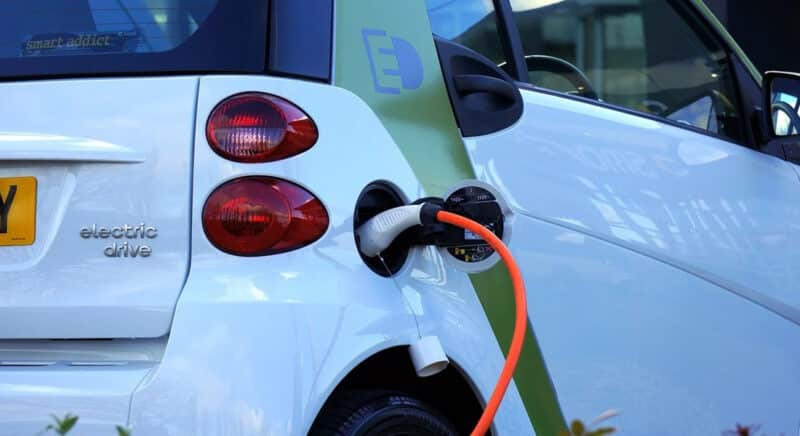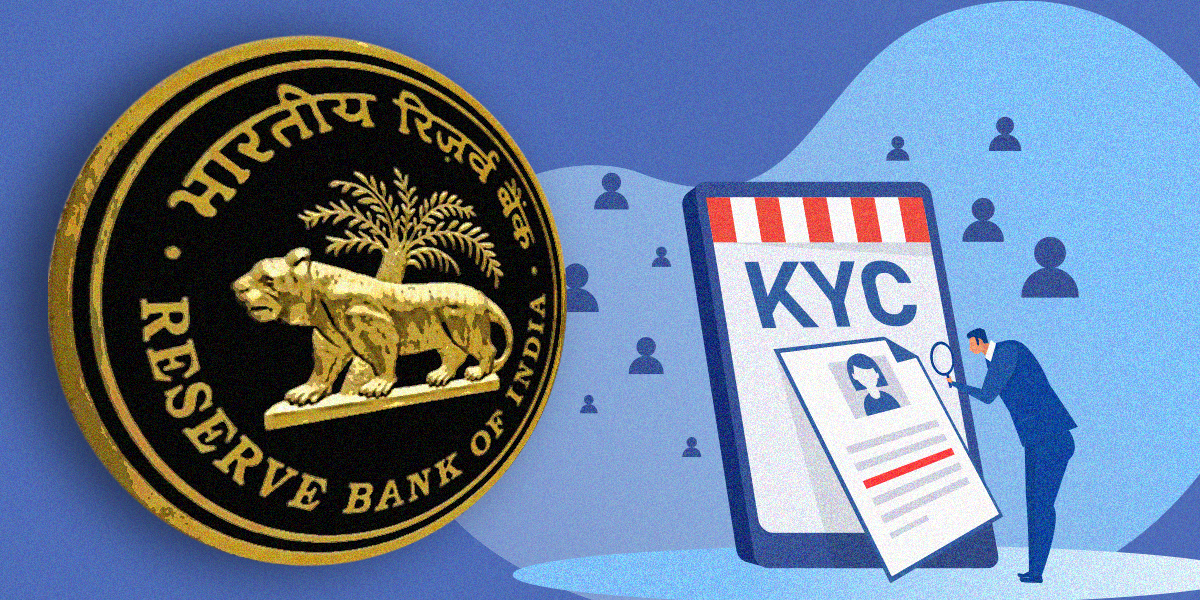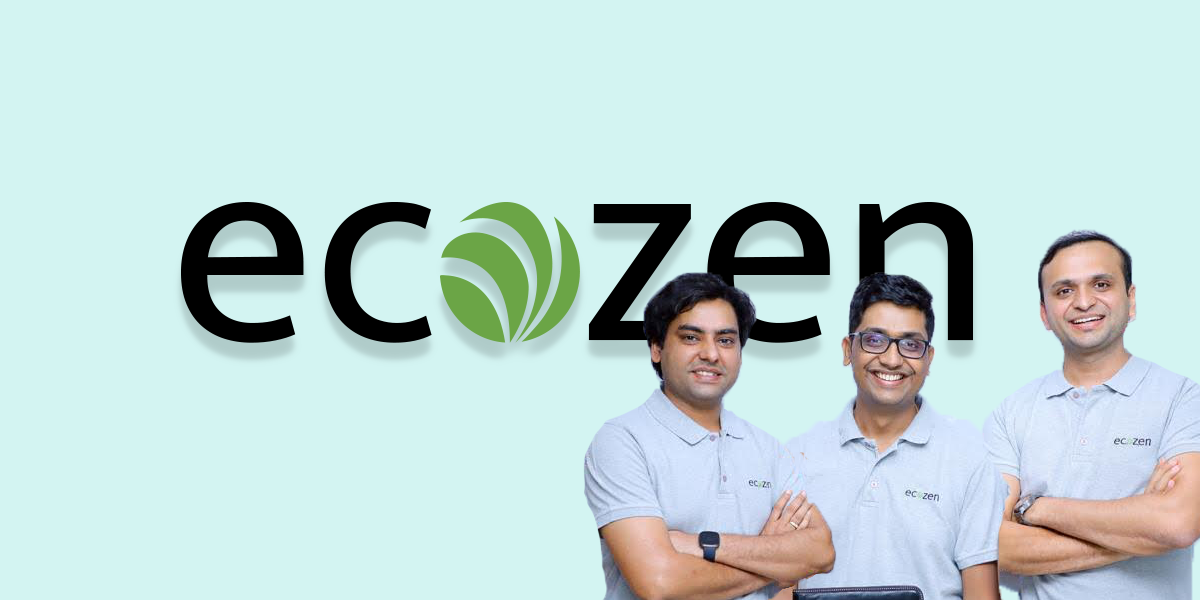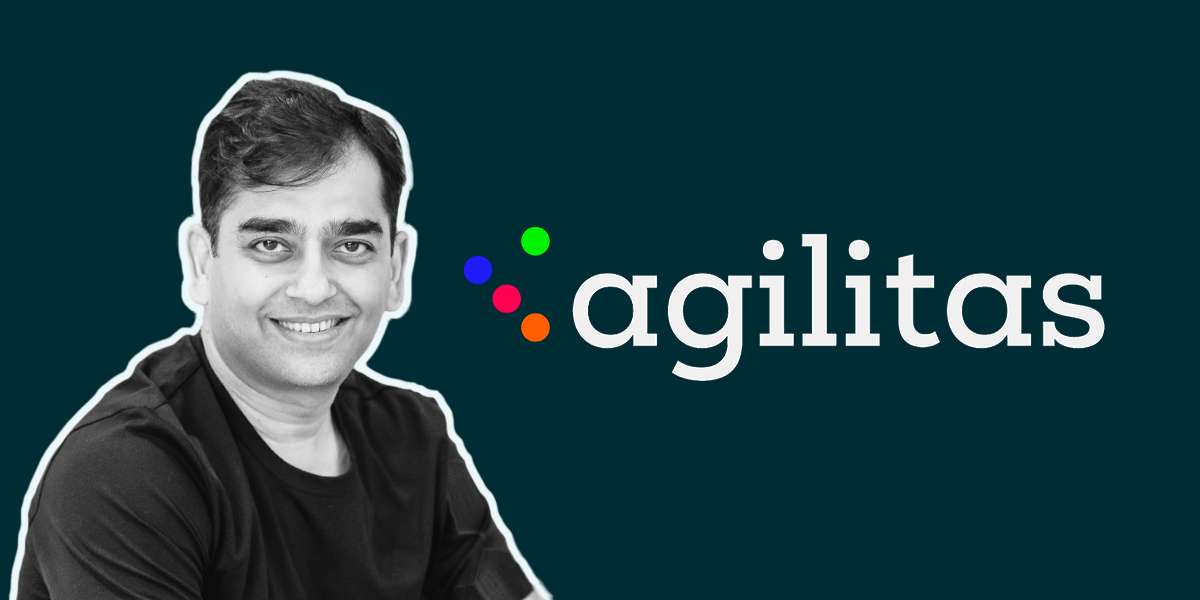The government of Delhi on Tuesday put out the draft Motor Vehicle Aggregators Scheme, 2022, requiring tech companies who run delivery and transportation businesses to register with transportation authorities and eventually electrify much or all of their vehicle fleet. The draft also caps cab aggregator surge pricing at 2x. By targeting just tech aggregators, the government seems to have ignored more concerted moves to electrify the taxi business in the capital, where thousands of independent operators also run cabs. Ignoring the TSR or auto rickshaw segment completely is particularly surprising, considering newer 3 wheeler rickshaws are at close to the same price levels as the CNG autos currently in use. All this, even as the NCR region has the largest aggregate of 2 wheeler e-rickshaws running for the past 3 years, with almost zero support from the government/s involved.
The new scheme requires that aggregators with a fleet of more than fifty vehicles do the following:
- Obtain a one-year renewable license to operate in the National Capital Territory by registering on a government portal
- Be registered as a company, society or LLP under relevant laws
- Have a registered office in India, with an operations centre in Delhi
- Provide the Delhi government automatic access to complaints and grievances, along with details on the company’s fleet in real time
- Comply with the Information Technology Act, 2000 and its subordinate laws
- Register vehicles and drivers (the same vehicle and driver can be registered across multiple companies)
The license fees are zero for electric vehicles:
On top of this, aggregators like Ola and Uber may have to comply with some additional rules to deal with complaints against drivers:
- Drivers with complaints on 15% of their rides in a given month have to be dealt “appropriate action”, and data on these complaints has to be stored for a month
- Drivers with a “3.5” rating over one year (presumably out of 5) will be subject to scrutiny from the Delhi government, and if their rating doesn’t improve during a grace period of three months, authorities could terminate their Public Service Vehicle badge
- Put in place safety measures required in cabs, such as an SOS button and making sure that a cab is being driven by the duly registered driver
Electrification of fleets
Within six months of obtaining their first license, three- and two-wheelers will be required to electrify 10% of their fleet. Over two years, the Delhi government expects to require half these fleets to be electrified. For four-wheelers, 25% of the fleet will be required to be electrified over a two year period.
What’s more, this quota will apply for new vehicles, not just the entire fleet. “For example, for every 100 new 2-Wheelers and 3-Wheelers (Passenger and Commercial) onboarded after grant of the Aggregator License, there should be at least 10 new EVs onboarded by the Aggregator, within the first 6 months from the day of grant of license,” the scheme document explains.
Perhaps the most aggressive element of this scheme, though, is that all new two-wheeler vehicles will have to be electric vehicles, and after two years of having their license approved, an aggregator’s entire two wheeler fleet has to be electrified.
2x surge price cap: Cab aggregators like Uber and Ola will be subject to a 2x fare surge cap. The scheme says that further rules may be issued to regulate prices.
The move by the state government certainly gives a fillip to EV adoption in the capital, even as it shifts the onus of investing and ensuring it on easy targets, ie, cab aggregators and delivery firms. Such a B2B driven push was unfolding in any case, and one has to wonder if the government is not simply jumping on for credit. On the other hand, the government has been stingy on direct incentives for consumers, placing limits on the number of cars it will subsidise for instance( just the first 1000), or even the roll out of its electric bus fleet under DTC, which is running well behind schedule.















